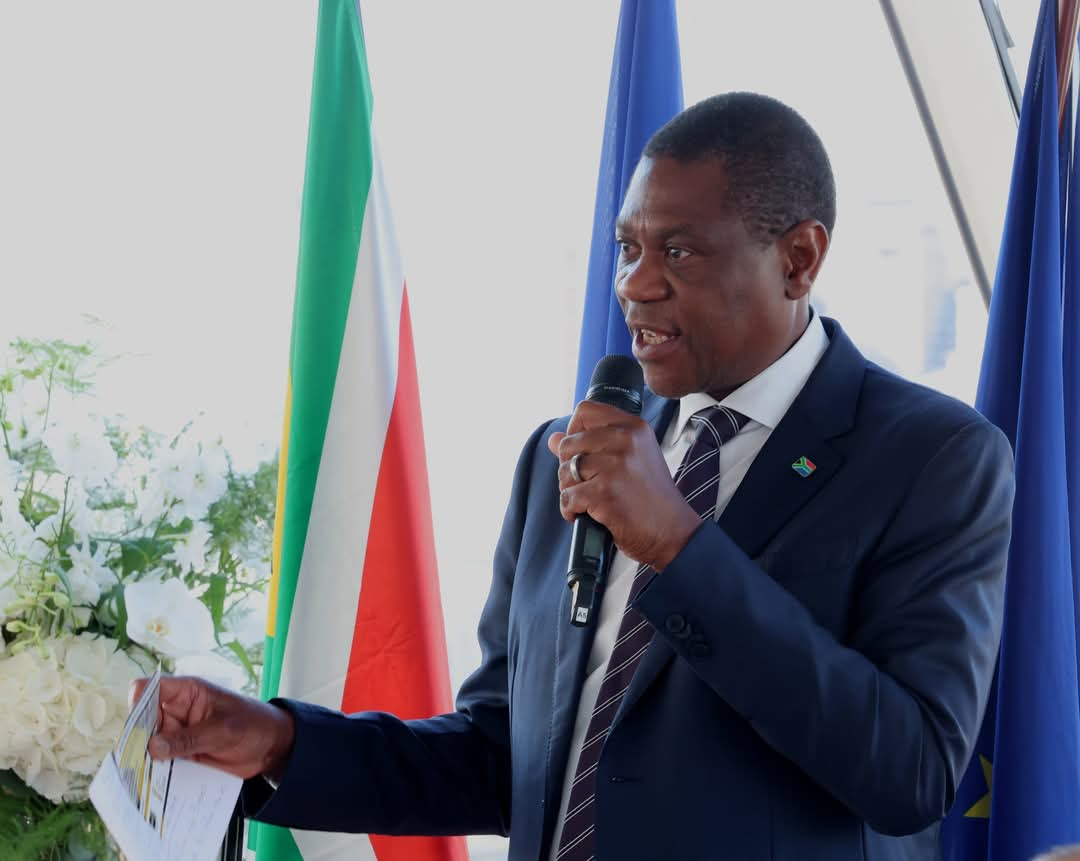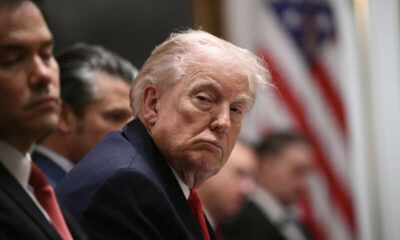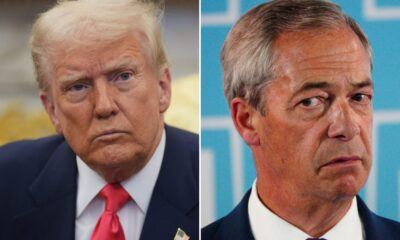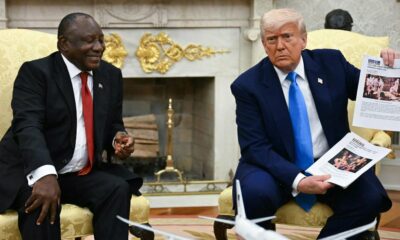News
Behind the Bill: What Paul Mashatile’s R2.3 Million Japan Trip Says About SA Diplomacy

When Deputy President Paul Mashatile touched down in Tokyo this past March, he wasn’t just stepping into a diplomatic meeting, he was stepping into controversy. After confirming that his three-day working visit to Japan came with a R2.3 million price tag, questions have been swirling: was this a vital mission of global diplomacy or just another example of government excess?
Travel, Ties, and a Taxpayer Tab
In a written reply to Parliament, Mashatile laid out the full cost of his Japan trip: flights, hotel rooms, chauffeured rides, restaurant bills, and even laundry, all adding up to just over R2.3 million. It’s not the only trip on his international calendar. Since taking office in July 2024, he has racked up nearly R8 million in travel expenses across four official visits: the UK, Ireland, Botswana, Zimbabwe, and Japan.
But it’s the Japan visit, specifically, that’s drawing the most heat. At R613,214 in flights and more than R1.2 million in hotel stays, it’s become a flashpoint in the ongoing debate over how our leaders are spending public money.
A Diplomatic Milestone or Missed Opportunity?
Mashatile insists the trip was a strategic move. It marked the first high-level engagement between South Africa and Japan in a decade and coincided with the 115th anniversary of diplomatic relations between the two countries. In his view, this was more than a photo op; it was about deepening political, economic, and cultural ties at a crucial moment.
With South Africa holding the G20 Presidency, and Japan preparing to host the Tokyo International Conference on African Development (TICAD) later this year, Mashatile said the visit gave both nations a chance to align priorities — particularly around African development and global economic cooperation.
He wasn’t alone. His delegation included five ministers and two deputy ministers from Higher Education to Agriculture — suggesting a broad, multi-sectoral approach. They toured facilities like the Isuzu Plant and held talks with heavyweight organisations like the Japan International Cooperation Agency and Keidanren, Japan’s largest business federation.
Social Media Doesn’t Buy It
Back home, however, public sentiment has been far less diplomatic. On X (formerly Twitter), users slammed the R8,000 laundry bill and R51,000 restaurant tab as tone-deaf in a country grappling with load shedding, youth unemployment, and struggling hospitals.
“R2.3 million in three days? Did they eat gold sushi and ride unicorns to meetings?” one user posted sarcastically.
Another commented, “We’re tightening belts, and the Deputy President is loosening his in a Tokyo five-star suite. Priorities, neh.”
Context That Matters
To be fair, Mashatile’s visit wasn’t all pomp and sushi. Japan is South Africa’s fourth-largest trading partner. Japanese firms are looking to deepen their investments in South Africa’s mining, energy, auto, and manufacturing sectors. Expanding market access for SA agricultural products was also reportedly on the agenda.
But timing is everything. Coming so soon after South Africans were told to brace for a tougher economic year and with mounting service delivery protests, the optics couldn’t be worse.
The cost comparisons make it sting more. His earlier visits to Botswana and Zimbabwe cost less than R60,000 each — largely because the South African Air Force handled transport. Meanwhile, the UK and Ireland trip clocked in at a whopping R5.4 million, with a single London hotel bill reportedly over R3.2 million.
The Bigger Picture: Travel as Strategy or Status?
If there’s a deeper issue at play, it’s transparency and value. What do these trips really yield? Are they producing measurable trade benefits or just lengthy communiqués? And how much does it matter if a visit is strategically valuable, if it leaves ordinary citizens feeling abandoned?
There’s also the thorny issue of optics. Can South Africa afford diplomatic grandeur when its youth can’t afford university fees and municipalities can’t fix water leaks?
The Cost of Representation
Mashatile’s trip has reopened a national conversation we never seem to resolve: where do we draw the line between international diplomacy and extravagant spending? While the Deputy President frames it as an investment in international partnerships, the public sees another receipt footed by taxpayers who never got a say.
If government wants to justify these trips, it may need to go beyond cost breakdowns — and start showing South Africans the actual dividends.
{Source: The Citizen}
Follow Joburg ETC on Facebook, Twitter , TikTok and Instagram
For more News in Johannesburg, visit joburgetc.com



























